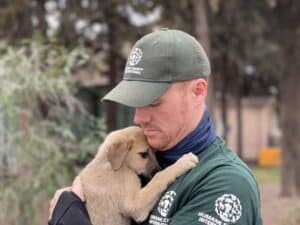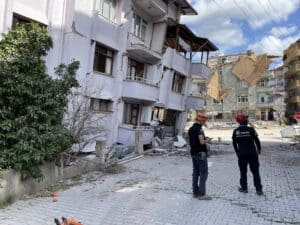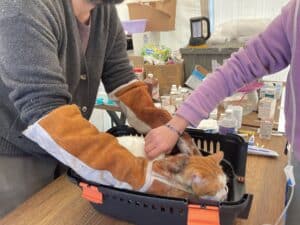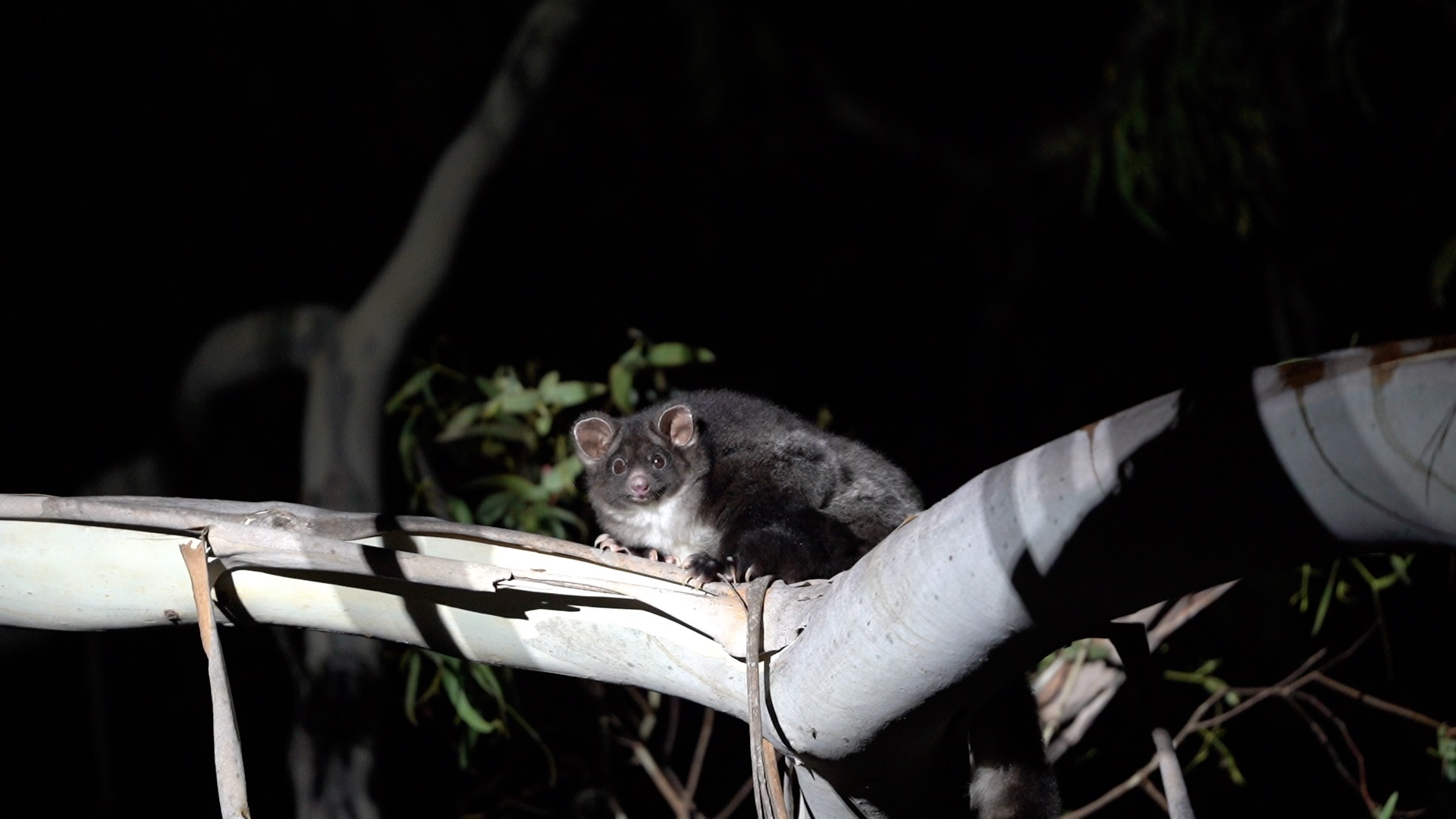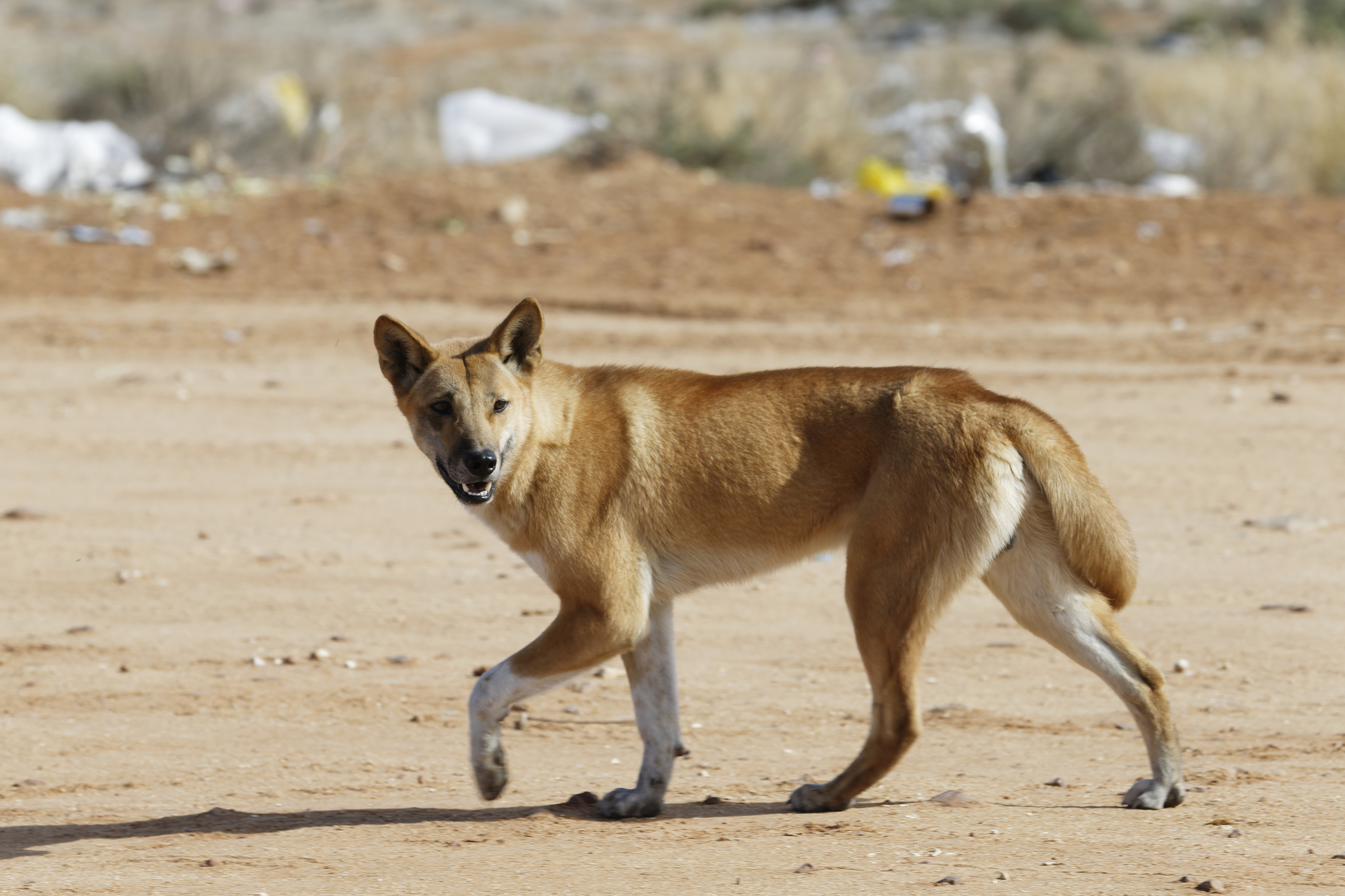Five hours south of Sydney, in the high country of south-east New South Wales, Glenbog State Forest sits quietly on the edge of the escarpment. At first glance, it looks like many other native forests. But Glenbog is not just any forest. It is one of the few remaining high-elevation “cloud forests” in southern NSW. These are places where geography...
HSI Australia deploys to help some of the forgotten victims of the catastrophic earthquake near the Syria/Türkiye border, rescuing animals stranded and trapped in the rubble.
The utterly devastating 7.8 magnitude earthquake that struck southern and central Türkiye and northern and western Syria on February 6 was followed by several major aftershocks. The loss was catastrophic. Whole towns and cities crumbled to rubble—more than 50,000 people lost their lives and entire families were destroyed in an instant. In addition to the tragic loss of human life, thousands of animals were crushed, stranded or separated from their families.
Immediate assistance rushed in to try to rescue as many people as possible from beneath the ruins, and we witnessed some of the miraculous rescues on our televisions. The anguish written on the faces of the survivors who lost loved ones was palpable and we were all touched by their tremendous loss and heartache. Our colleagues at HSI global were immediately in touch with groups on the ground including Yuk Hayvanlarani Koruma Ve Kurtama Dernegi (Working Animals Rescue Foundation) and Homeless Animals Protection Society and were requested to join the rescue efforts.
HSI on the ground
The first HSI global responders arrived in Antakya, in the far south of the country near the Syria border, and were stunned by the harsh realities facing survivors. Almost every building in this once-beautiful city was seriously damaged or destroyed—the only accommodation now is the rows of tents housing both refugees and rescuers.
Our teams report that the animal need was immediately visible with cats and dogs wandering though the ruins, also dazed and confused, having lost their homes and families. Of course, in addition to family pets there were also street dogs and cats who survived and needed care, so the team quickly established food stations to ensure they could at least access food and water.
One local vet that our team has been working with lost his clinic when the disaster struck but has been working day and night alongside his wife to care for the survivors in one of the emergency veterinary tent clinics which have been established. These stories of resilience have been incredibly motivating for our team as we work alongside these heroic locals. Search and rescue parties depart daily and have saved many animals suffering from cuts and bruises, malnutrition, dehydration and infections. All are suffering from shock and trauma. A steady stream of people come to the field tent asking for help to find their missing pets— hoping for a miracle, which occasionally, joyfully, does come true.
Facing ongoing danger
And this work continues as more earthquakes hit the region. Two weeks after the first, another 6.4 earthquake hit the area where our team is based along with so many other rescue workers and displaced people. Our team was safe yet tragically more local lives were claimed. The danger is very real and ongoing. In the aftermath of that shock, another unexpected discovery—a mother dog hidden in the rubble of the broken buildings. She had very recently given birth, and our team worked fast to locate her still-blind puppies and bring the family back to the safety of the field hospital. As soon as she felt secure, the mother dog fell into a deep sleep while her pups suckled, blissfully unaware of the chaos around them.
You can read more about the situation in Türkiye in Evan’s personal recap here.
